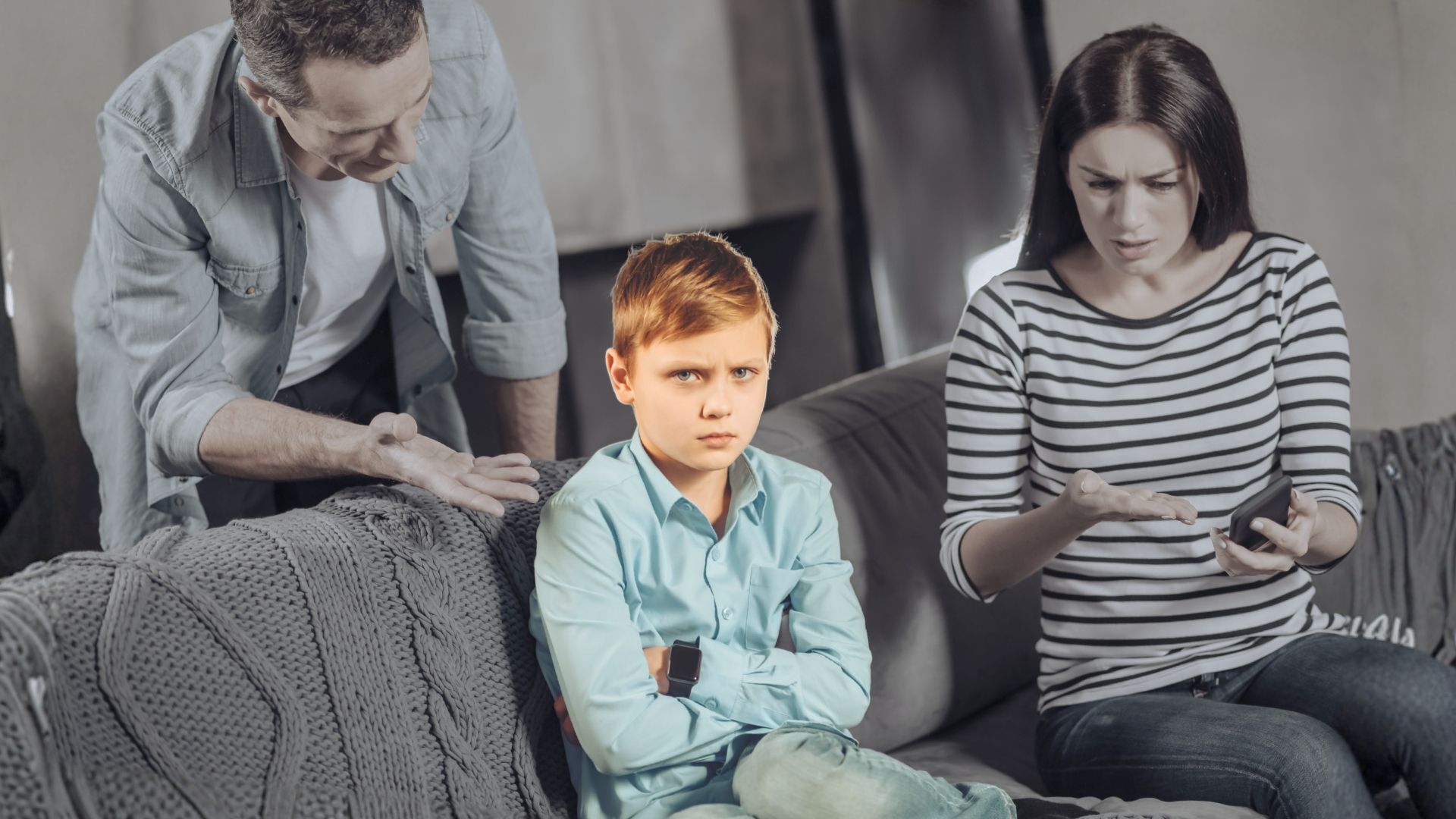What to Do When Your ADHD Child Is Hitting You By Ryan Wexelblatt, LCSW – ADHD Dude

If your ADHD child is hitting you—or lashing out physically toward you or a sibling—I want you to hear this first:
You are not doing anything wrong.
This is not a reflection of your parenting. But it is a signal that something needs to change—so this doesn’t escalate and become your “new normal.”
I’m Ryan Wexelblatt. I’m a licensed clinical social worker, former school social worker, and creator of the ADHD Dude approach. I’m also a dad to a son with ADHD who once had aggressive behaviors. I’ve been where you are.
In this post, I’m going to walk you through the same protocol I teach parents inside my behavior training courses—Capable & Confident (for ages 4–7) and Scaffolding Better Behavior (for ages 8+). These tools are designed to help you stop aggression and build better behavior at home.
Why Punishment Doesn’t Work for ADHD Aggression
If your child with ADHD is hitting you, punishing them might feel like the obvious thing to do. But here’s the truth: punishment doesn’t prevent future aggression.
Why? Because kids with ADHD struggle with:
-
Future thinking – They live in the moment and don’t visualize consequences.
-
Episodic memory – They can’t easily recall past experiences and apply them to what’s happening now.
-
Executive function delays – ADHD kids are typically 2–3 years behind in emotional and behavioral regulation.
So, taking away a tablet or grounding them might get them to comply temporarily, but it won’t stop the hitting from happening again.
Why Talk Therapy Doesn’t Help with ADHD Aggression
You might also wonder: “Should my child be in therapy for this?”
The truth is, talk therapy, play therapy, and occupational therapy won’t stop ADHD aggression. That’s not just my opinion—it’s the American Academy of Pediatrics’ recommendation: parent behavior training is the first-line treatment for ADHD.
Therapy may help with emotional support down the line. But if your ADHD child is hitting you, what you need first is a behavior plan—not more emotional processing.
What Does Work When an ADHD Child Hits Parents
Here’s what I teach families inside my programs. It’s not about yelling or punishments. It’s about leading calmly, setting clear boundaries, and teaching accountability—without shame.
1. Take a Clear, Firm Stance
When your child is escalating, calmly say:
“I will not accept you hitting me.”
“I will not let you hurt your brother. I’m going to keep him safe.”
This isn’t about threatening. It’s about setting a boundary. Even if it doesn’t stop the behavior immediately, your child hears your leadership loud and clear.
2. Enlist Supporters
Supporters are adults your child respects—like a grandparent, coach, or family friend. When your child becomes aggressive, that person checks in with a message like:
“Hey Ashley, I heard you were hitting your mom. I care about her and I care about you. I know you can do better. What can I do to help you?”
This activates constructive shame—the kind that helps kids feel appropriate remorse and motivates them to do better. When someone they admire knows what’s going on, it matters.
In many cases, this step alone leads to a major shift.
3. Use an Announcement Letter
This is a letter you write to your child to reset the tone in your home. In it, you:
-
Acknowledge what’s been happening
-
Name what you love and appreciate about them
-
Announce the changes you will be making in response to the aggression
-
Mention that supporters are now involved
Even if they don’t engage with it right away (or rip it up), the message is clear: Things are going to change.
4. Have a Physical Safety Plan
If your ADHD child starts hitting again, calmly separate yourself and say:
“I’m going to give us space to stay safe. When your brain feels calm, we’ll come back together.”
This isn’t a punishment—it’s a safety boundary. It teaches your child that aggression disconnects, not earns your full attention.
If your child physically prevents you from leaving, we problem-solve that inside the course.
5. End With a Cleanup
Once your child is calm, they need to take action to repair.
This isn’t about a forced apology. It’s about making amends—writing a note, helping with a chore, or doing something kind for a sibling.
Cleanups teach reciprocity: When I hurt someone, I take responsibility.
And yes—you should model this too. If you lose your cool, own it. That’s how your child learns what repair looks like in real life.
What Not to Do When Your ADHD Child Is Hitting You
Here’s what often escalates the situation:
-
Talking too much while they’re dysregulated
-
Trying to reason or process emotions in the heat of the moment
-
Rewarding aggression with attention—even loving attention
Some parenting advice online says aggression is a cry for connection. But giving undivided attention in the middle of aggressive behavior teaches the wrong lesson:
“When I hit, I get your full focus.”
Yes—connection is important. But connection doesn’t mean giving in.
Final Thoughts: You’re Not a Bad Parent—You Just Need New Tools
If your ADHD child is hitting you, please hear this:
You are not weak. You are not failing.
But if what you're doing isn’t working, it’s time to lead differently.
You don’t need to yell. You don’t need to be perfect.
You just need the right tools—and the willingness to lead with clarity and calm.
Want step-by-step help stopping aggression and building better behavior at home?
🟦 If your child is 4–7 years old, start with Capable & Confident – the parent behavior training program built specifically for this age group.
🟩 If your child is 8 or older, check out Scaffolding Better Behavior – part of the ADHD Dude Membership.
You can become the calm, confident leader your child needs—and finally stop the cycle of explosive behavior at home.











